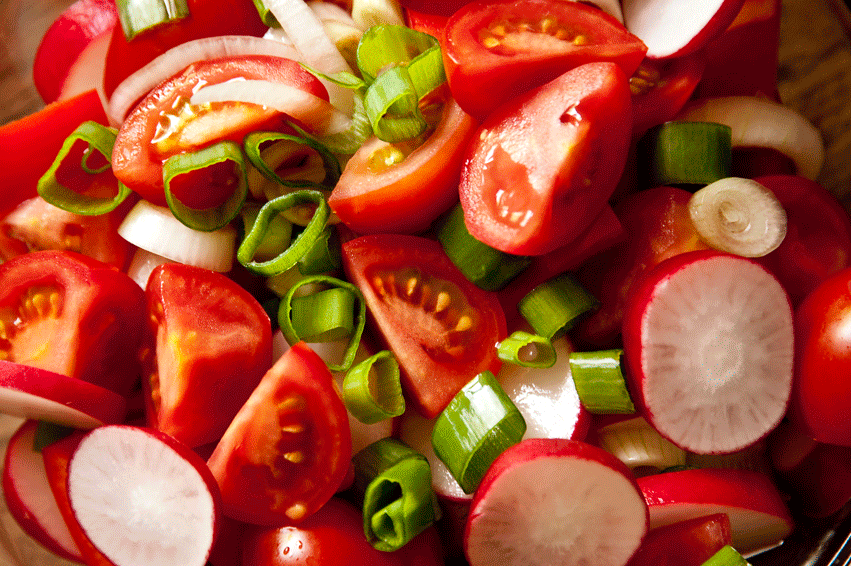Health lessons learned from being a raw vegan

On July 3, 2014, three weeks before my 48th birthday, I weighed in at 207 pounds. I hadn’t weighed myself for a few months. The number was shocking to me for a couple of reasons: 1) I was 27 pounds heavier than my ideal healthy weight. 2) I was a vegan (no meat, no eggs, no dairy) and had a fairly active lifestyle.
When I stepped off the scale, I committed myself right then and there to completely changing my lifestyle. I became a raw vegan (fruit, raw vegetables, seeds and nuts only) and not only did that lifestyle dramatically increase my quality of life, but it was also the best investment I could make for my future retirement.
I’ve always considered myself a relatively healthy person. I haven’t eaten red meat since 1986. I haven’t consumed alcohol since 1988. My only beverage since 2002 has been water (no milk, no juice, no soda). I became a vegetarian in 2011 and a vegan in 2012, but even with all of these healthy lifestyle choices, I was still considered to be part of the 69 percent of black boys and men who are overweight or obese in the U.S. The figure is even more staggering for black girls and women: 82 percent.
On Sept. 16, 2014, a little more than two months after becoming a raw vegan, I got back to my ideal healthy weight of 180 pounds. I’ve maintained it ever since. When I began my journey, I became hyperaware of issues related to wellness, food and diet. Here’s what I learned:
Sugar is the enemy. It’s not a secret that sugar consumption is a major contributor to the obesity epidemic. When I became a raw vegan, I noticed one thing immediately that was hiding in plain sight: There are candy counters at the checkout area in almost every store. You can even get your sugar fix while standing in line at Home Depot, Staples or Pep Boys. It’s hard to avoid sugar when we crave it and it’s everywhere.
Eating healthy is thought to be unmanly. I have been constantly ridiculed by family and friends about my lifestyle change. Many have even suggested that I am not a real man because I eat “rabbit food.” I’ve even had my blackness called into question by other brothers and sisters who reminded me that “a little fried chicken and pork chops ain’t never hurt nobody.” This machismo culture, especially in the black community, not only discourages healthy eating habits but also rewards bad habits.
Overindulgence is encouraged. America in general has an overindulgence problem, but the problem is exacerbated in black communities. It is customary and even expected at gatherings with family and friends for folks to overindulge with food and drink. This is true even at church. On any given Sunday, the pastor may preach a sermon about self-control, discipline and self-denial, but right after the benediction, there may be a feast of fried foods in the fellowship hall, where those gathered are encouraged to eat until their heart’s content.
Your health is your wealth. Heart disease, diabetes and high blood pressure run rampant in the black community, and all of these conditions have a link to bad eating habits, among other factors. You could have a seven-figure retirement plan waiting for you on the other side of 65, but if you don’t make it to 65, or if you are in poor health when you get there, then you won’t be able to enjoy it. You don’t have to have money to be wealthy. The only true wealth we have that is potentially available to everyone is our health. Good health takes as much time and management as an investment portfolio, and its dividends are even more valuable.
After six months as a raw vegan, I had a medical checkup, and all of my vitals were excellent. The sacrifice was well worth it. I feel much better, have a lot more energy and am very rarely hungry, even though I don’t eat very much. I’m not suggesting that everybody become a raw vegan. The lifestyle isn’t for everyone, but it has helped put me, and has so far kept me, on the road to good health.

